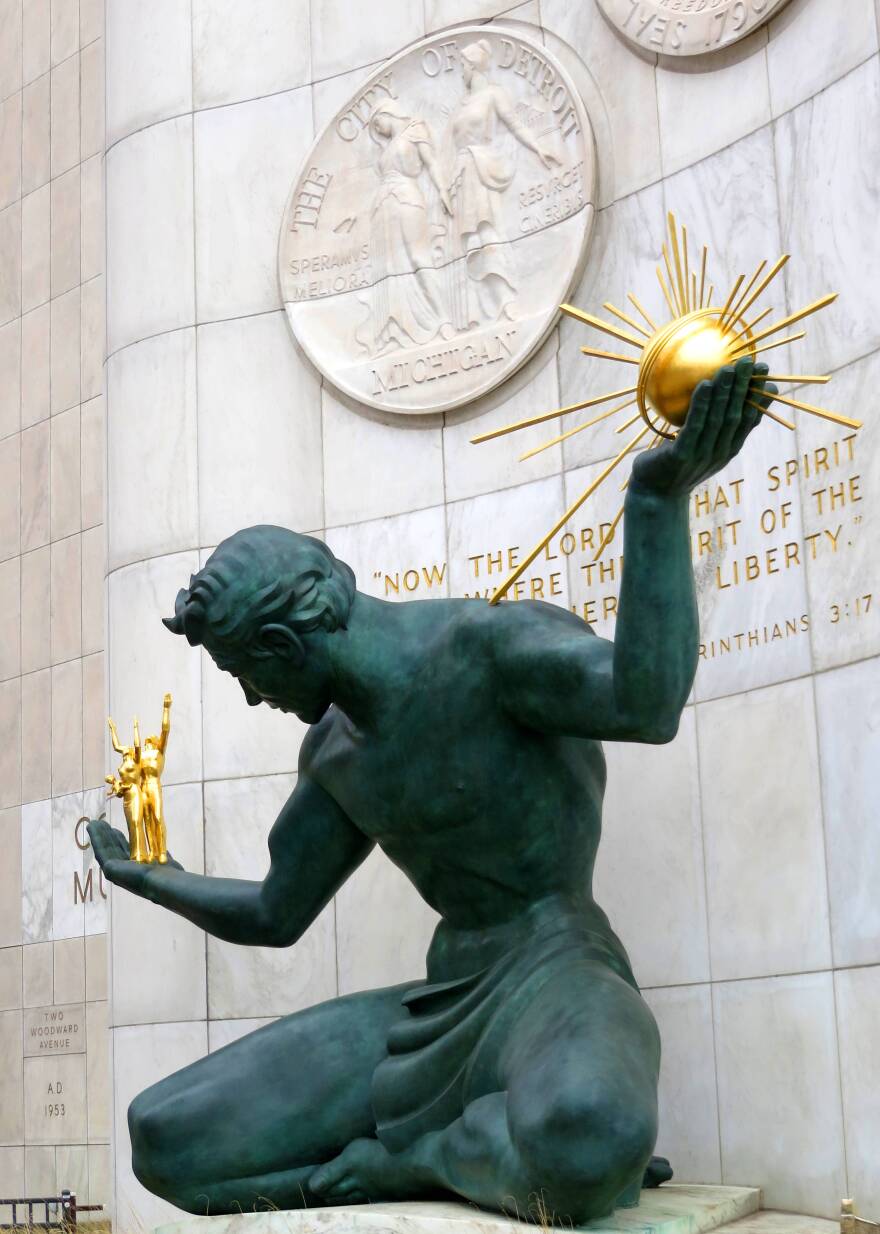Impressions of Republican Gov. Rick Snyder are more negative than positive among voters, even when you factor out the heavily Democratic city of Detroit, according to a poll released yesterday.
This poll was commissioned by Michigan Radio and its partners in the Detroit Journalism Cooperative.
The poll is unique because it does not include voters from the city of Detroit.
Among the data was a question asking how voters would rate the job Rick Snyder has done as Michigan’s governor. Since Snyder is a Republican and voters in Detroit are overwhelmingly Democratic, you might expect Snyder to do really well outside the city. But 52% of voters rated Gov. Snyder as having done a fair to poor job; 46% thought he’d done a pretty good to excellent job.
That 46% approval rating is a little higher than recent polls of Michigan voters, including Detroit. Those polls have Snyder’s approval rating hovering around 40%.
Myths about Detroit's financial demise persist
Voters outside of Detroit are holding onto some old myths about the city’s financial crisis.
The poll asked Michigan voters who do not live in Detroit to give their opinions about the city. One question asked participants what they’d say is the "single most important cause of Detroit’s financial crisis?"
- 32% volunteered it was poor or corrupt leadership.
- 19% said wasteful spending or mismanagement.
- The third-highest choice was Kwame Kilpatrick. Eight percent blamed the former mayor and now inmate
Despite a lot of news media coverage and even books clearly illustrating Detroit’s financial woes started as far back as the end of World War II, voters choose to accept the conventional wisdom that the blame lies mostly with inept or corrupt Detroit politicians who’ve held office since the 1967 race riots.

Thomas Sugrue wrote a landmark book regarding the decline of Detroit. In a recent speech to a gathering of business leaders, he said there's more to Detroit's financial troubles than race riots, white flight and corrupt politicians.
"To understand where we are and where we came from requires going way beyond conventional wisdom – going to the period immediately after the Second World War, which is when Detroit's troubles really began. It wasn't just 1967. It's deeper and more profound," Sugrue remarked.
He suggests – along with a growing number of urban analysts – that the entire state and the suburbs around Detroit will work more cooperatively in order to make the city stronger. He says a stronger Detroit will mean a stronger Michigan.
Support for the Detroit Journalism Cooperative on Michigan Radio comes from the John S. and James L. Knight Foundation, Renaissance Journalism's Michigan Reporting Initiative, and the Ford Foundation.






